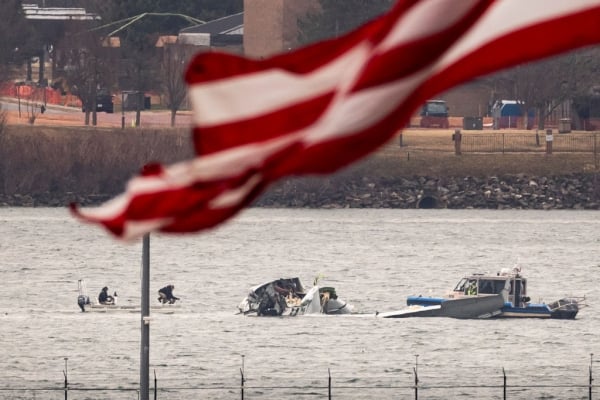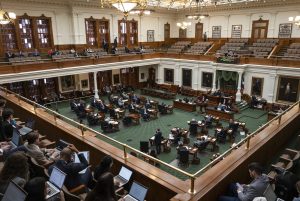President Trump has used diversity, equity and inclusion to explain failures in education, the economy and national security, so you might think we’d be inured to his strategies by now. When he blamed the tragic plane crash in Washington, D.C., on DEI, he reached a new nadir of callousness. The victims of the crash had not even been recovered and he was blaming DEI policies for “lower” standards. When pressed by reporters, he couldn’t even articulate the object of his complaint or any specifics related to last week’s crash. His instinct, though, reveals a deeper, more troubling current.
By tacking immediately to DEI in the wake of a tragedy, he seeks to create an association in the minds of Americans: People of color are underqualified and incompetent. As a woman of color who earned a Ph.D. and is also the president of a university, I know these narratives are baseless. I know how many talented, innovative people of color there are in our country. I know that their leadership, research and intelligence have produced countless benefits to our society. I also know that we have spent the last century undoing the psychological and practical damage of systemic racism in our nation. We have spent precious capital in our country recreating equality of opportunity, and programs of diversity, equity and inclusion have been essential to this transformation.
When a president of the United States has the audacity to pose DEI as a corruption tool he is combating, I cannot be silent. It is an affront to those who sacrificed in the multiple civil rights struggles of the 20th century and helped position our nation as a place with more equality of opportunity than ever in our history. Education has been a central part of that architecture.
As a student of language and culture, I also know that when a president and his narrow-minded minions repeat a paradigm ad nauseam, people start to believe it. The forerunner of exclusion and violence across history has been gradual dehumanization. Let us not be complicit with our silence.
DeRionne P. Pollard is president of Nevada State University. The views expressed here are her own and do not represent the views of Nevada State University or the Nevada System of Higher Education.








